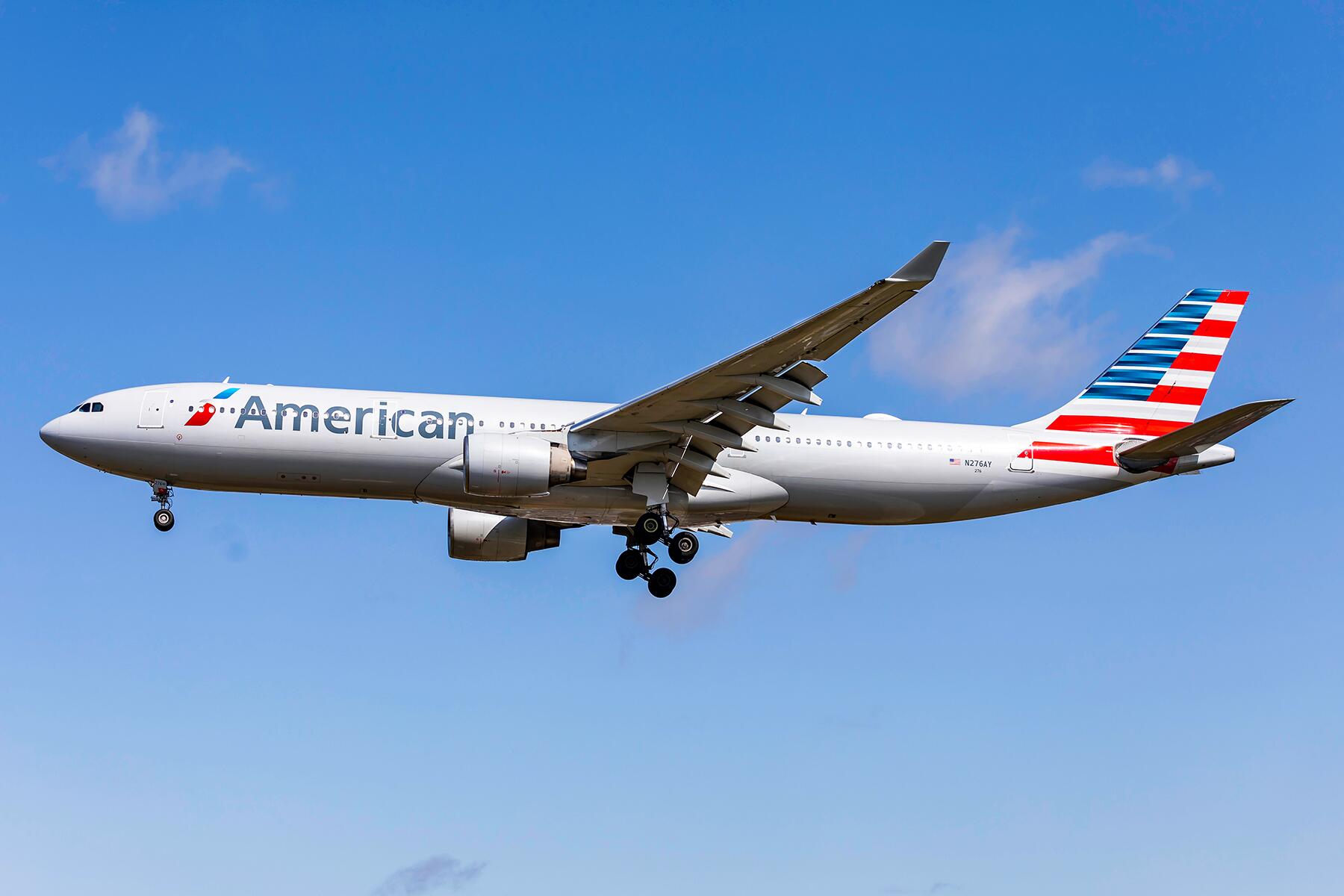“Flight Attendants are understandably fired up as they struggle to make ends meet.”
Flight attendants for American Airlines are one step closer to a strike after their labor union rejected an offer that would have bumped base pay up 17% and given a larger portion of profit-sharing payments.
American’s flight attendants, represented by the Association of Professional Flight Attendants (APFA), have not had a pay increase since before the pandemic. While some issues have been tentatively agreed upon, pay is still a major sticking point between negotiators for American and APFA.
APFA and American spent two weeks negotiating via mediation with the National Mediation Board (NMB) in Washington DC without reaching an agreement. The parties anticipate a further “last ditch” mediation session in the next two weeks.
Unlike other unions, airline unions can’t strike at will, because they’re covered by the Railway Labor Act (RLA). Because airlines—like railroads—are essential to interstate commerce, federal mediators must first declare labor talks at an impasse, a move that both sides are anticipating if the next round of negotiation fails to produce an agreement.
Once the NMB declares an impasse, a 30-day “cooling off” period begins, which essentially puts a timer on both parties. If the 30 days passes without an agreement, each party is entitled to self-help. For the union, that means the right to strike. For the company, that means the ability to lock out the union and employ replacement workers (known as “scabs”) and management flight attendants to operate the airline’s schedule.
Recommended Fodor’s Video
In a post to flight attendants, APFA noted that “While these delays [in reaching an agreement] are frustrating, we also know that the company’s ability to stall these negotiations is rapidly reaching an end.”
The post further exhorted flight attendants not to refuse work, skip job duties such as credit card solicitations, or encourage others to do so, noting that work stoppages before a strike is authorized could jeopardize further negotiations.
Because of the RLA, strikes are rare at major US airlines. The last strike at a US airline was in 2010 when Spirit Airlines pilots walked off the job for four days. At the time, Spirit carried 1% of passenger traffic in the United States. American currently carries roughly 17% of domestic passenger traffic.
Presidential orders can also end airline strikes. In 1997, American’s pilots struck for 24 minutes before being ordered back to work by President Bill Clinton.
A bipartisan group of House Representatives sent a letter to the NMB, urging them to encourage the parties to reach a deal to end uncertainty for American consumers and end the wait for flight attendants who have waited years for pay increases.
The letter, which notes that over 100,000 U.S. flight attendants are currently negotiating new contracts, says that without declaring talks at an impasse, the NMB hobbles the unions’ bargaining power:
“The reason for these increasingly prolonged negotiations is due in part to the recent inability of workers to avail themselves of self-help options to facilitate labor disputes. It has long been understood that the best way to achieve labor peace is through collective bargaining backed by the threat of ‘self-help’ for both parties, including the right to strike for workers. Indeed, workers across a range of professions have secured groundbreaking new contracts in recent years, many of which were won due to workers’ credible ability to exercise self-help options.”
Sara Nelson, International President of the Association of Flight Attendants-CWA, which represents several other airlines, said that airlines have been dragging their feet, “Deadlines are critical for negotiations. Airlines have delayed earned improvement by as much as five years while awarding CEOs and other executives.”
She continued, “Flight Attendants are understandably fired up as they struggle to make ends meet.”





